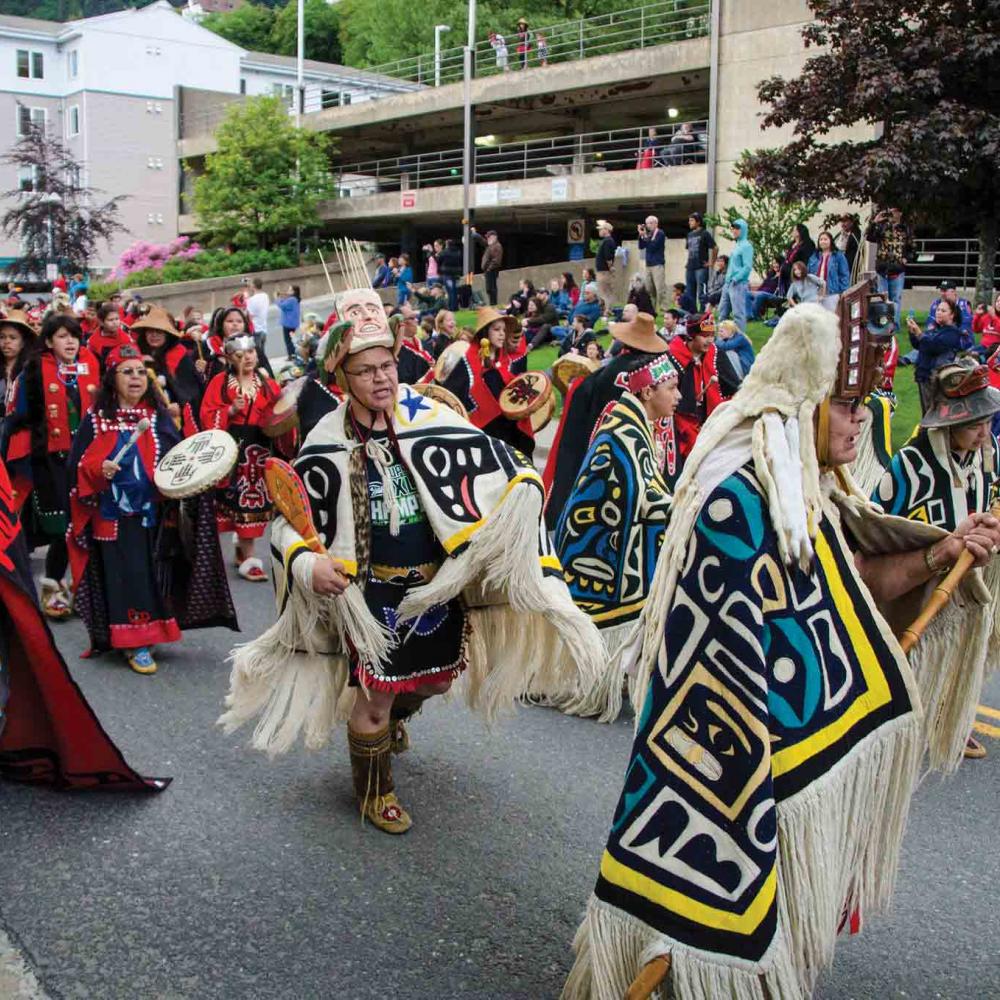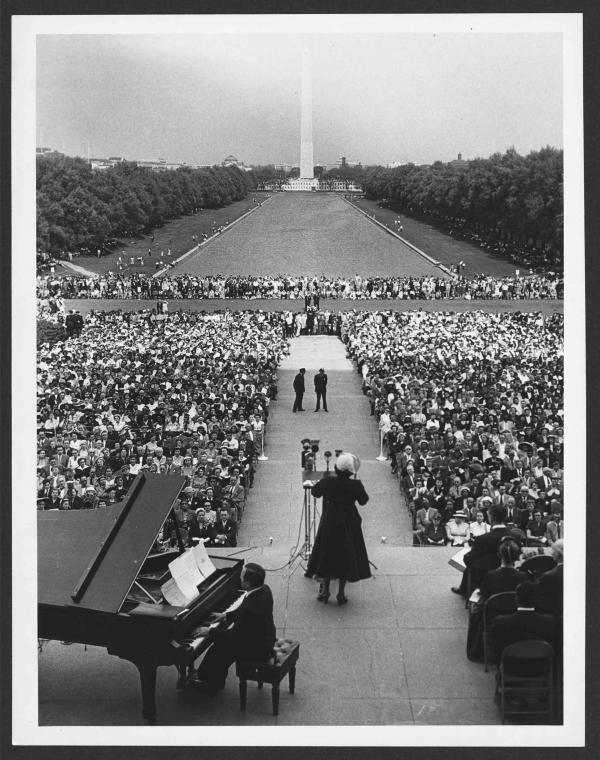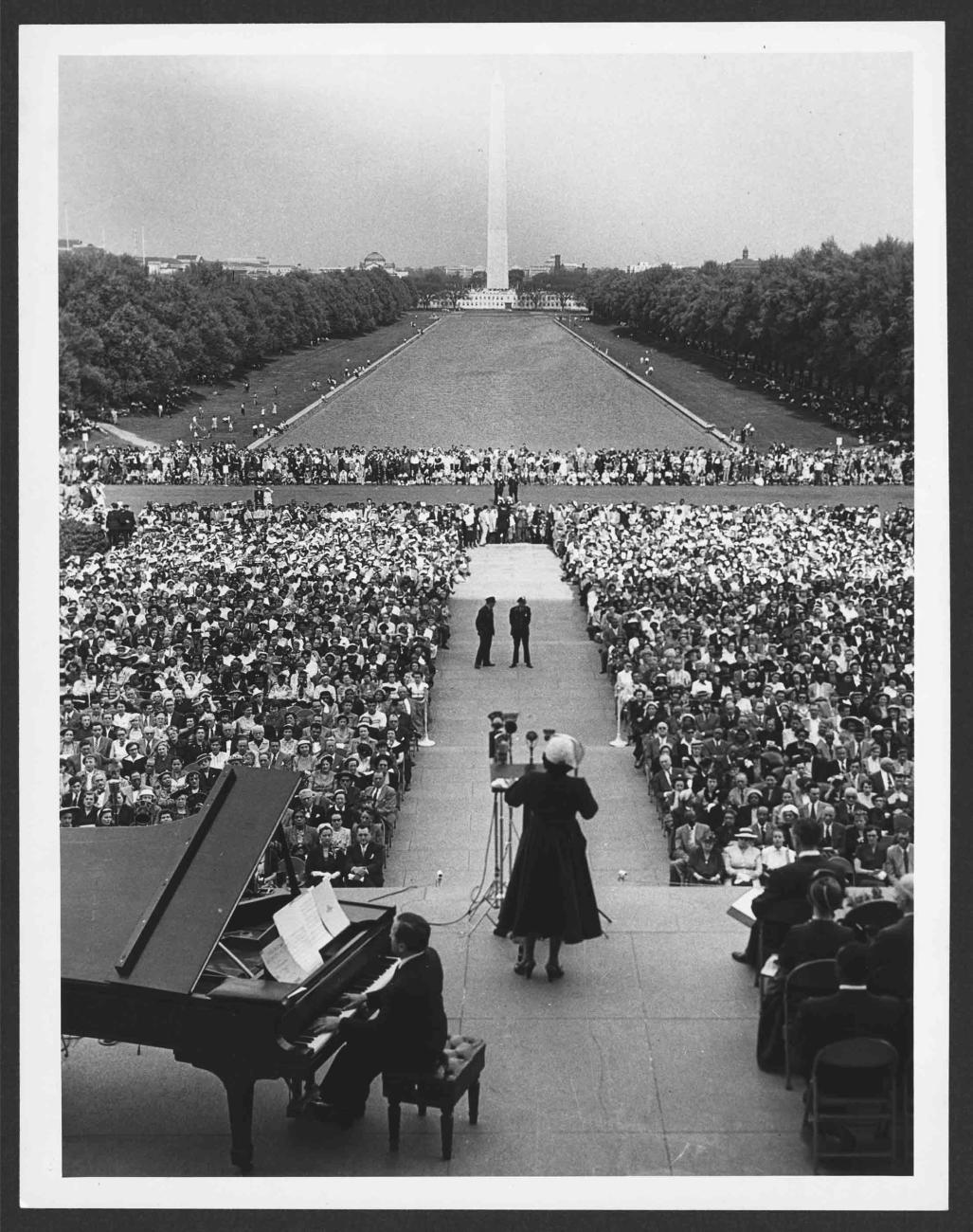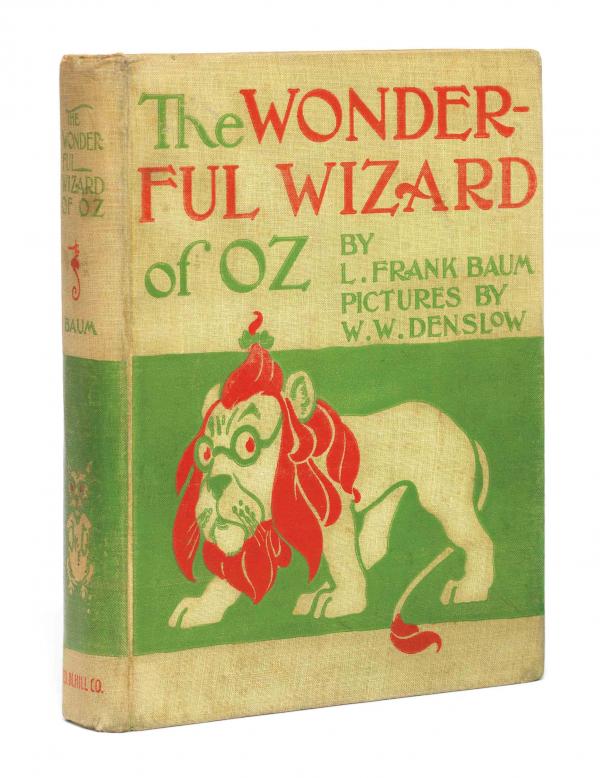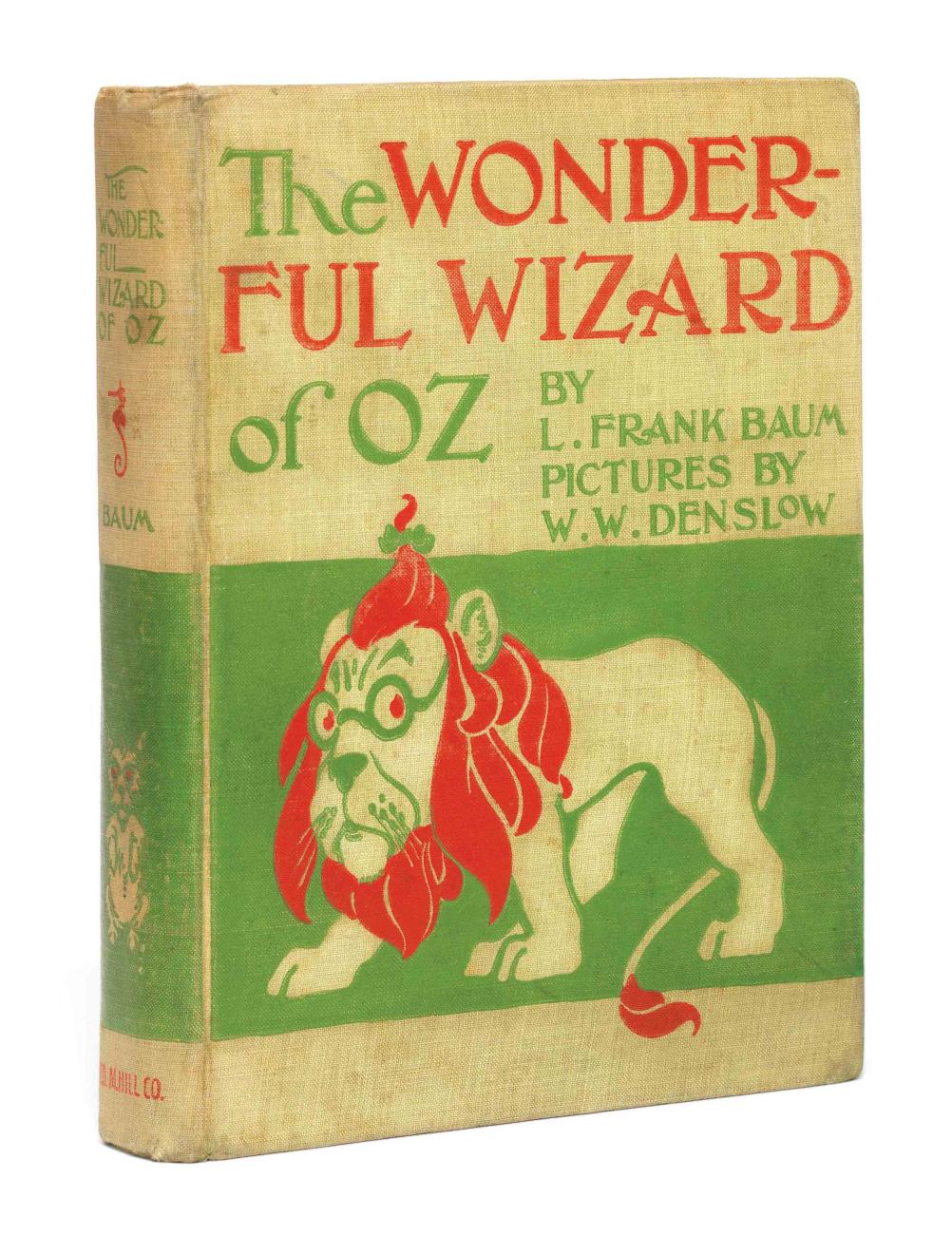On April 7, after a virtual council meeting, the National Endowment for the Humanities announced its second round of grants for 2020. A total of $22.2 million is going to 224 humanities projects across 42 states, the District of Columbia, the U.S. Virgin Islands, and Japan.
“In these somber times, when every individual, community, and organization in America is feeling the effects of the coronavirus pandemic, it is a joy to be able to announce new projects that will produce vibrant humanities programs and resources for the reopening of our cultural centers and educational institutions,” said NEH Chairman Jon Parrish Peede. “These 224 projects exemplify the spirit of the humanities and their power to educate, enrich, and enlighten.”
The New York Times covered the announcement, highlighting an NEH documentary grant on singer and civil rights icon Marian Anderson. The PBS documentary from American Masters—Marian Anderson: The Whole World in Her Hands—draws on rare archival footage and audio recordings of the singer to explore her life, career, music, and legacy.
Other recent projects of note on black history supported by NEH grants include Clemson University’s traveling exhibition about the history of the African Americans living and working in upstate South Carolina, and the University of Nebraska’s traveling exhibition about late-nineteenth-century black homesteaders on the Great Plains.
Several documentary projects were funded. The Jewish Film Institute received a grant to produce a documentary on Rywka Lipszyc, a fourteen-year-old girl whose diary was discovered in an Auschwitz crematorium in 1945. The WGBH Educational Foundation received a grant to produce a two-hour documentary on L. Frank Baum, author of classic children’s novels, including The Wonderful Wizard of Oz. And the Georgia Trust for Historic Preservation received a grant to produce short films about historic rural churches of the South.
A Chairman’s Grant was awarded to Oglala Lakota College to improve access to the audio and video collection in the Woksape Tipi Archives and Tribal Repository, documenting the tribe’s culture and history. A Documenting Endangered Languages grant, administered in partnership with the National Science Foundation, was awarded to the Mississippi Band of Choctaw Indians to create a dictionary documenting their dialects of the Muskogean languages. Another grant was awarded to the Sealaska Heritage Institute to digitize, catalog, and provide online access to 540 hours of Native Alaskan song, dance, and oratory from four decades of Sealaska cultural festivals.
NEH provided a number of grants under its A More Perfect Union initiative, which supports projects to promote U.S. history and culture and to advance civics education in preparation for the nation’s 250th anniversary in 2026. NEH entered into a three-year cooperative agreement called Held in Trust with the Foundation for Advancement in Conservation to evaluate the state of cultural heritage conservation in the United States. NEH also awarded a grant to the Thomas Jefferson Foundation to plan tours and exhibition galleries at Monticello about the principles and impact of the Declaration of Independence.
The Consortium for History of Science, Technology and Medicine received a grant to support long-term research fellowships, as did the New-York Historical Society, the Omohundro Institute of Early American History and Culture, the American Academy in Rome, and the Center for Jewish History. These grants were part of the NEH Fellowship Programs at Independent Research Institutions, which support humanities scholars at libraries, museums, and centers for advanced study.
One grant supports an exhibition on Four Freedoms, a series of paintings by Norman Rockwell to illustrate Franklin D. Roosevelt’s conception of the four fundamental freedoms laid out in his 1941 State of the Union Address: freedom of speech, freedom of worship, freedom from want, and freedom from fear. Another grant supports an exhibition exploring a lesser-known historical period of voting rights for women in New Jersey from 1776 to 1807. And yet another grant supports a traveling exhibition about the lives of painter Winslow Homer (1836–1910) and painter and sculptor Frederic Remington (1861–1909), and their impact on fin-de-siècle America.
NEH awarded Summer Stipends to scholars to support their research toward the production of more than one hundred publications. Their topics include a political and intellectual biography of the Founding Father John Jay; a history of the 1918 influenza epidemic in rural Europe; a book analyzing the narrative and rhetoric of the Qur’an; a history tying the Black Death to the origins of the Italian Renaissance; and a book on the influence of the Atlantic pearl trade on fifteenth- to eighteenth-century European art.

